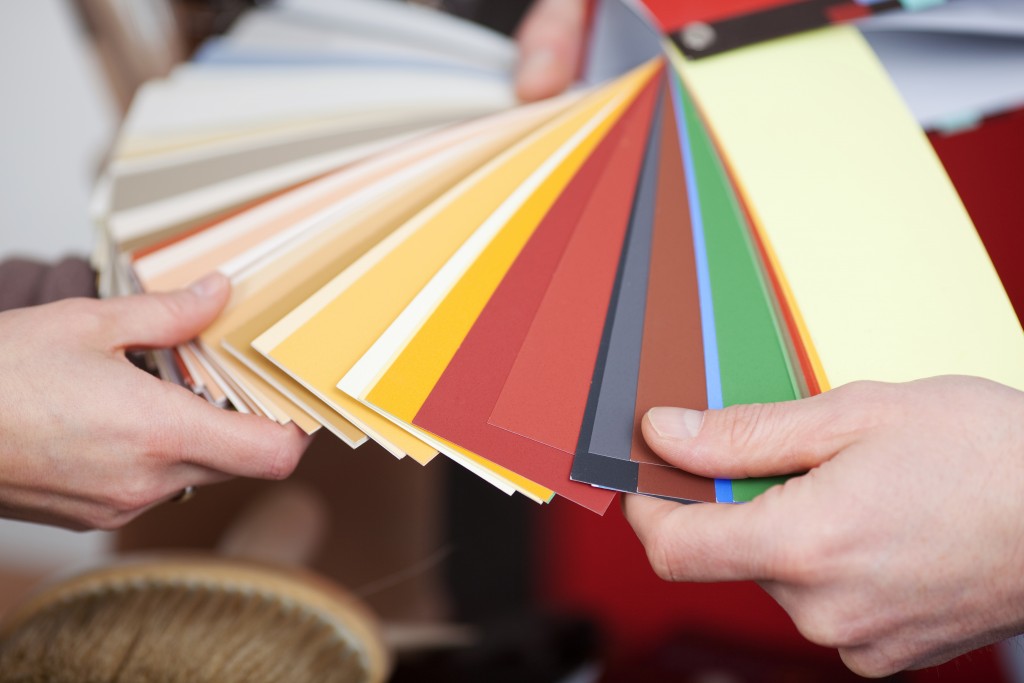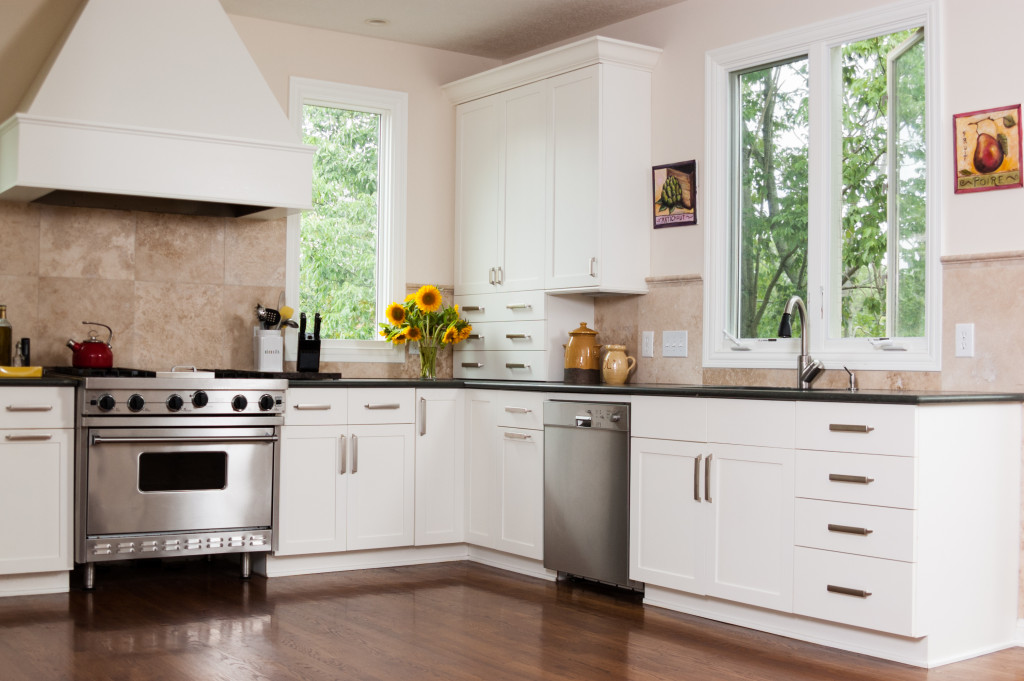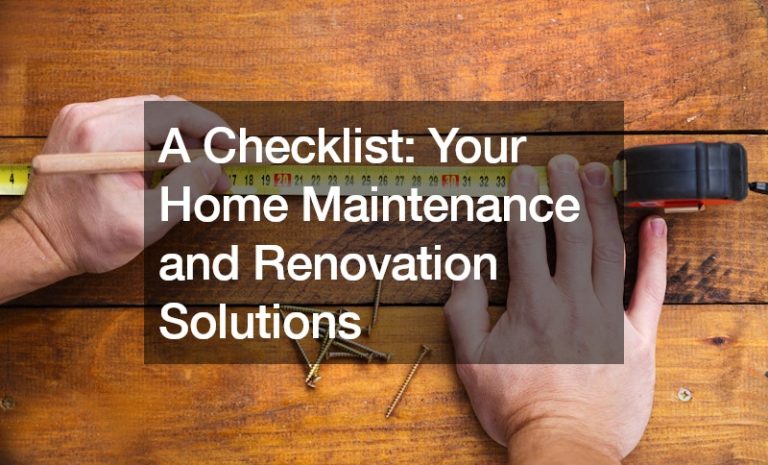After working through grueling hours of work, passing on short-lived pleasures, and slowly saving money into your bank account, you think you’re finally ready to purchase your first home. So, you hop on to the internet and browse through the most recent listings when it suddenly hits you — you don’t know squat about homebuying.
Frankly, a vast majority of first-time homebuyers go through the same thought process of saving, finally having enough, and realizing they don’t know what to do next. And while there’s nothing inherently wrong about not knowing, the fact that people follow-through with these decisions, while uninformed, is scary.
Purchasing a home is not the same as getting groceries from the supermarket. These purchases are on two different leagues in terms of value, and the former is a significant financial decision to make. So, before you mistakenly make a decision you’re going to regret, we’re here to teach you the very basics.
Can You Afford Buying a Home?
First, ask yourself this question, can I afford to buy a home?
Sure, you might have a substantial amount of cash saved up, but are there any obligations you need to settle first? Do you have any debt that still needs paying off, and will this big purchase empty your pockets?
As much as possible, you want to be smart about home buying, and the last thing you’ll want is to have a roof over your head but have no other means of making ends meet. So, consider your choices and think before acting on this purchase.
Renting vs. Owning. An important topic to go over is weighing the opportunity costs of renting vs. owning a home. Yes, owning a home does give you an asset, whereas renting gives you a place to stay, but does this factor directly benefit you right now? If you have no plans of settling in one area and live a pretty active lifestyle going to and from places, then renting is the smarter option.
With that said, if you can afford to purchase a home and it also is the smarter option, then continue reading.
#1 Start Saving and Work on Your Credit
You’ll need two things when buying a home, and that’s money and a good credit score. Cash on hand will help meet downpayment requirements, which could vary significantly from house to house due to different terms, neighborhoods, and overall property value. Meanwhile, a good credit score will land you more desirable mortgages.
- Be Firm With Your Budget: For any first-time homebuyer, the prices seem threatening to consider, so you’ll want to draw a budget of how much you’re expecting to invest. A budget plan will help you narrow down your choices and also provide a cushion for any expenses down the road.
- Credit Reports: If you’re a first-time homebuyer, you’re probably not going to buy a house with straight cash (unless you stumbled upon a hidden fortune or dig a treasure chest). And when applying for a mortgage, you’ll want to know your credit score and work on improving it in the months prior.
#2 Know Your Mortgage Options

Directly tying in with the first step, you also need to know the mortgage options available. You’ll want an agreement that offers you favorable terms, recognizes your financial capabilities, and won’t be burdensome if anything unforeseen can happen.
- Mortgage Term: The standard mortgage terms usually fall under 30 years, although some lenders offer a shorter period ranging from 25 to 10 years. A shorter fixed mortgage will give you lower interest rates but also mean bigger monthly payments. Likewise, a fixed 30-year mortgage will have the highest interest rates but offer less cumbersome monthly payments.
- Types of Mortgages: As a first-time homebuyer, you could opt to get a conventional mortgage, but that would require a higher credit score. And if you don’t qualify, you’ll need a larger downpayment. Your second option would go to government-insured mortgages, which works best if you have a low or moderate-income. Your choices include FHA mortgages and USDA loans.
#3 Take Your Sweet Time
Above all, understand that the process of buying your first home is not a race, and no one’s going to fault you if you take your sweet time before settling down. Always keep in mind that this is a huge financial decision that might even decide where you live for the next two decades or more. So, go at your own pace and don’t let anyone say otherwise.
Compare Listings. You might see a listing and think you’ve finally found a gem but never buckle down with one choice unless you’ve compared all others. Through comparison, you’ll get to see the set prices and can weigh the pros and cons of each at home that fits in your budget.
A Home that Meets Your Needs. Lastly, make sure that the house you go for is a home that meets your needs. While aesthetics matter, the functionality of the house should always take precedence over anything, such as location, accessibility, and the overall condition of the home.
Making Smart Decisions
Buying your first home should be an enjoyable experience, and that also means you need to be smart about this big financial decision you’re making. So, take these tips to heart, implement them into your plan, and we can assure you that your first home will not disappoint.






